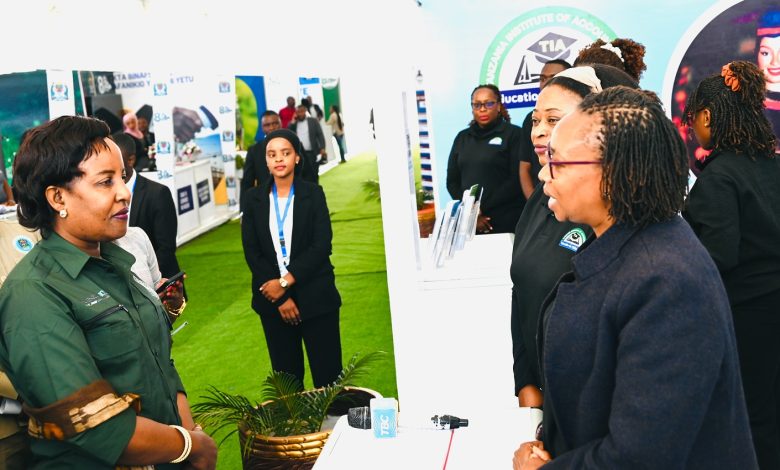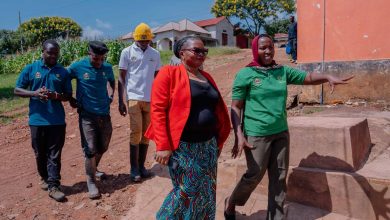TIA urges entrepreneurs on financial literacy

DODOMA: THE Tanzania Institute of Accountancy (TIA) has called on small-scale entrepreneurs to seek financial literacy and proper record-keeping skills as a foundation for growing and sustaining their businesses.
Speaking during the ongoing Nane Nane Agricultural Exhibition at Nzuguni grounds in Dodoma, TIA Senior Lecturer Dr Beatrice Mkunde said lack of financial discipline and poor documentation remain key challenges among local entrepreneurs.
“As a nation, we are still far behind when it comes to financial discipline and proper record-keeping. That is why, as a local institution, we are committed to empowering these small entrepreneurial groups with knowledge to foster sustainable development,” she said.
She noted that TIA’s participation in the exhibition focuses on educating the public particularly farmers, livestock keepers and fishers on issues related to accounting, procurement and business skills.
“We believe that through financial knowledge and the contribution of professionals in these areas, we can trigger positive outcomes across the agriculture sector,” she said.
Reflecting on the exhibition’s theme which stresses the importance of electing competent leaders, Ms Mkunde urged professionals and stakeholders to choose leaders with integrity and technical capacity to drive growth in critical sectors such as agriculture and agribusiness.
ALSO READ: Entrepreneurs encouraged to protect brands
She added that the institute not only provides training, but also conducts research, offers professional consultancy services and supports entrepreneurial groups with relevant knowledge to overcome their challenges.
“We collaborate closely with various groups to understand their problems whether they are farmers, livestock keepers, or fishers and we help them through entrepreneurship education and expert advice,” she explained.
TIA continues to play an active role in equipping Tanzanians with practical skills, especially among grassroots entrepreneurs, with the goal of contributing to inclusive and long-term economic transformation.





